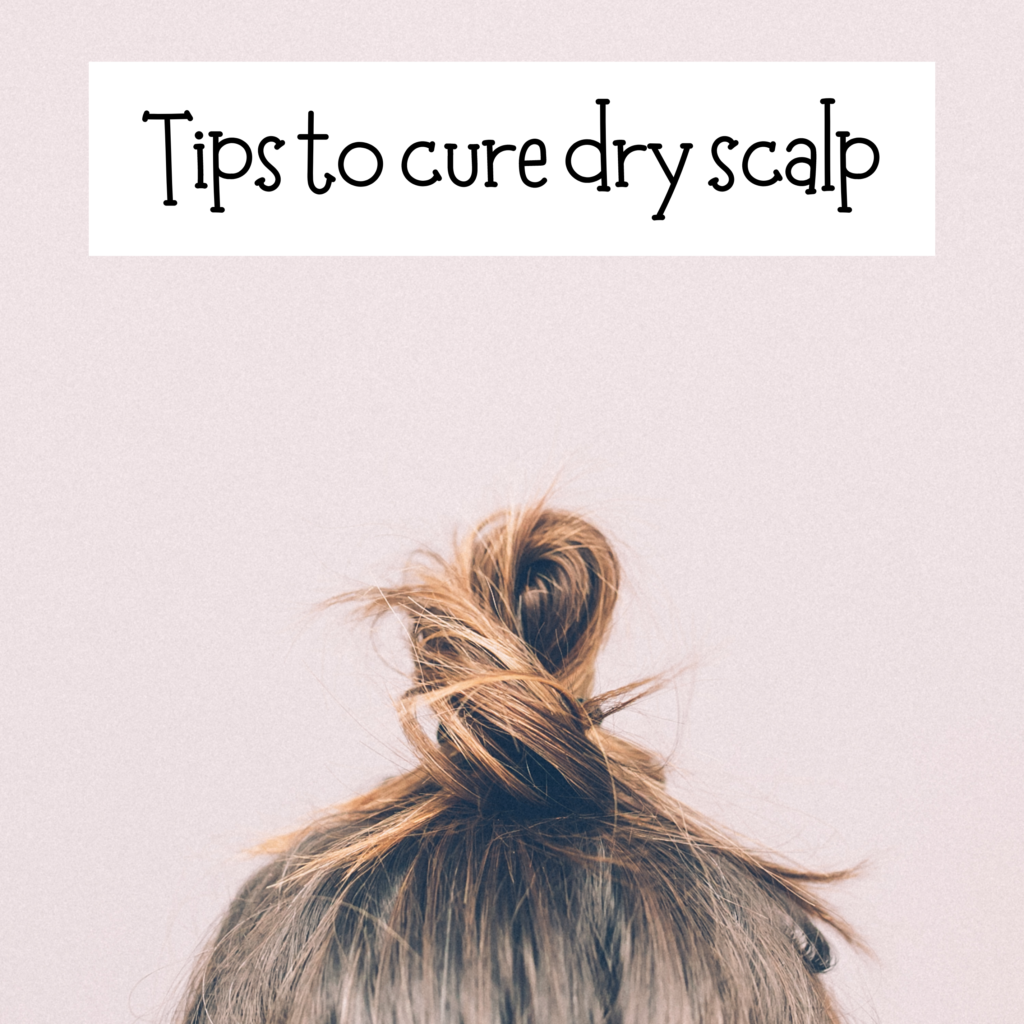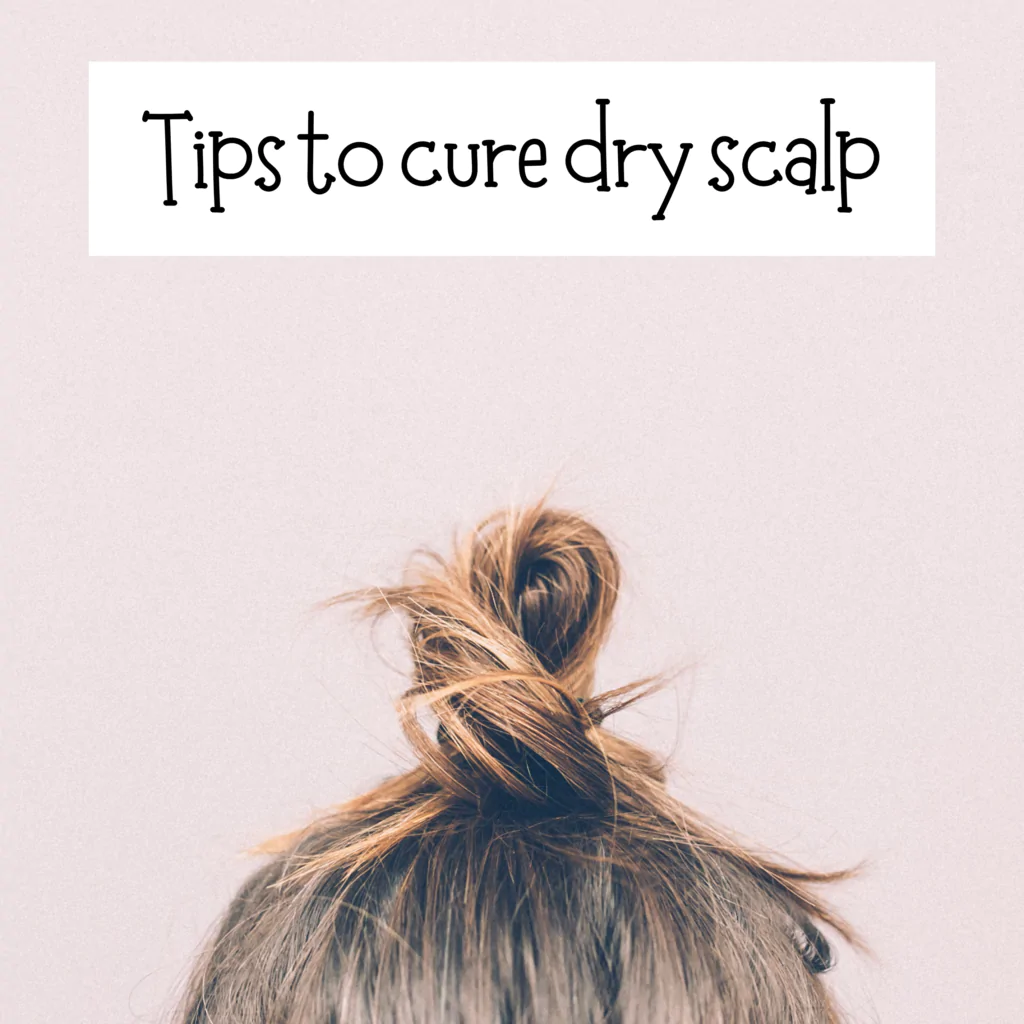
Introduction
Dry scalp can be a bothersome issue, causing itchiness and flakiness that nobody wants to deal with. If you’re tired of battling dry scalp and searching for effective solutions, you’re in the right place. In this comprehensive guide, we’ll explore seven natural ways to bid farewell to dry scalp and embrace the beauty of healthy hair.
Dry scalp can be a real nuisance, causing itchiness, discomfort, and even embarrassment. It’s a common problem that many people struggle with, but the good news is that there are natural remedies that can help alleviate dry scalp and restore balance to your hair and scalp. In this article, we’ll explore seven effective ways to get rid of dry scalp, without relying on harsh chemicals or expensive treatments. So, let’s dive right in and discover these natural solutions!
1. Moisturize with Coconut Oil
Coconut oil is a versatile and highly beneficial remedy for dry scalp. Its moisturizing properties can help nourish and soothe your scalp, reducing itchiness and flakiness. To use coconut oil, gently warm it up and massage it into your scalp before bedtime. Leave it on overnight and wash it off the next morning. You can also mix it with a few drops of lavender or tea tree oil for added antifungal and antibacterial benefits. Regular use of coconut oil can provide long-lasting hydration to your scalp and promote overall scalp health.
2. Tea Tree Oil for Its Antifungal Properties
Tea tree oil is renowned for its powerful antifungal properties, making it an excellent choice for treating dry scalp caused by fungal infections, such as dandruff. Mix a few drops of tea tree oil with a carrier oil, such as jojoba or olive oil, and massage it into your scalp. Leave it on for 30 minutes before rinsing it off. The antibacterial and antiseptic qualities of tea tree oil help combat the underlying fungal infection, while also providing relief from itching and irritation. Incorporate this treatment into your hair care routine regularly to keep dry scalp at bay.
3. Apple Cider Vinegar Rinse
Apple cider vinegar is a natural remedy that can restore the pH balance of your scalp, helping to alleviate dryness and irritation. Dilute apple cider vinegar with equal parts of water and use it as a final rinse after shampooing your hair. Gently massage it into your scalp, let it sit for a few minutes, then rinse thoroughly. The acidity of apple cider vinegar helps remove buildup and dead skin cells from the scalp, leaving it fresh, clean, and moisturized. Regular use of this rinse can regulate the natural oil production of your scalp, reducing dryness.
4. Aloe Vera Gel for Soothing Relief
Aloe vera gel is an excellent natural moisturizer and healer, making it an ideal remedy for dry scalp. The cooling and soothing properties of aloe vera can provide instant relief from itchiness and irritation. Extract the gel from an aloe vera leaf and apply it directly to your scalp. Gently massage it in and leave it on for 30 minutes before rinsing it off. Aloe vera also has antimicrobial properties, which can help manage any scalp infections contributing to dryness. Regular application of aloe vera gel can keep your scalp moisturized and promote healthy hair growth.
5. Increase Omega-3 Fatty Acid Intake
A nutrient-rich diet plays a crucial role in maintaining the health of your scalp and hair. Increasing your intake of omega-3 fatty acids can help improve scalp hydration and reduce dryness. Foods such as fatty fish (salmon, mackerel), walnuts, flaxseeds, and chia seeds are excellent sources of omega-3 fatty acids. Including these foods in your diet regularly can nourish your scalp from within and promote a healthier scalp environment. Remember to consult with a healthcare professional before making any significant changes to your diet.
6. Avoid Overwashing and Hot Water
Sometimes, the key to getting rid of dry scalp lies in changing certain hair care habits. Overwashing your hair can strip away the natural oils that keep your scalp moisturized, leading to dryness. Try to wash your hair every other day or every few days to allow your scalp to replenish its natural moisture. Additionally, using hot water for hair washing purposes can also contribute to dry scalp. Opt for lukewarm or cool water instead to avoid excessive drying of your scalp.
7. Hydrate from Within
Proper hydration is essential not just for your overall health but also for maintaining a moisturized scalp. Make sure you’re drinking an adequate amount of water throughout the day to keep your body and scalp hydrated. Dehydration can contribute to dryness and flakiness, so aim to drink at least eight glasses of water per day. You can also incorporate hydrating foods such as cucumbers, watermelon, and celery into your diet for an added boost of hydration.
In conclusion, dry scalp can be effectively addressed using natural remedies that are gentle yet highly beneficial. Experiment with these seven natural solutions, such as moisturizing with coconut oil, using tea tree oil for its antifungal properties, and employing an apple cider vinegar rinse. Don’t forget the soothing relief of aloe vera gel, the importance of omega-3 fatty acids for scalp health, and the need to avoid overwashing and hot water. Lastly, remember to hydrate your scalp from within by maintaining proper hydration levels. With these natural strategies, you can bid farewell to dry scalp and enjoy healthier, more comfortable hair and scalp.
Conclusion
Achieving a healthy scalp doesn’t always require expensive treatments or products. By incorporating these natural remedies into your routine, you can bid farewell to dry scalp issues and embrace a more comfortable and confident you.
FAQs
1. How often should I massage my scalp for optimal results?
Regular scalp massages can be done 2-3 times a week for the best results. Adjust based on your scalp’s response.
2. Can I use tea tree oil daily?
While tea tree oil can be used daily, it’s advisable to start with 2-3 times a week to ensure your scalp doesn’t react adversely. Monitor for any signs of irritation.
3. Are there specific foods that can worsen dry scalp?
Processed foods and excessive consumption of caffeine can contribute to scalp dryness. Focus on a balanced diet with plenty of fruits, vegetables, and omega-3-rich foods.
4. Is it necessary to use a humidifier year-round?
Using a humidifier is particularly beneficial in dry seasons or if you live in an arid climate. In humid environments, monitor your scalp’s condition and adjust accordingly.
5. Can I still use styling products if I have a dry scalp?
Choose styling products with hydrating ingredients, and avoid those with alcohol, as it can further dry out the scalp. Regularly cleanse your scalp to prevent product buildup.

[…] individuals with oily hair may benefit from more frequent washing, but it’s still essential to find a […]
[…] Scalp Massage […]
Win 4: Scalp
Scalp Massage for Improved Blood Circulation
[…] Scalp Sensitivity […]
[…] stimulating ingredients such as minoxidil or biotin into your routine to promote healthy hair growth and prevent further loss. Consult with a dermatologist or trichologist for personalized treatment options, including prescription medications or hair transplant […]